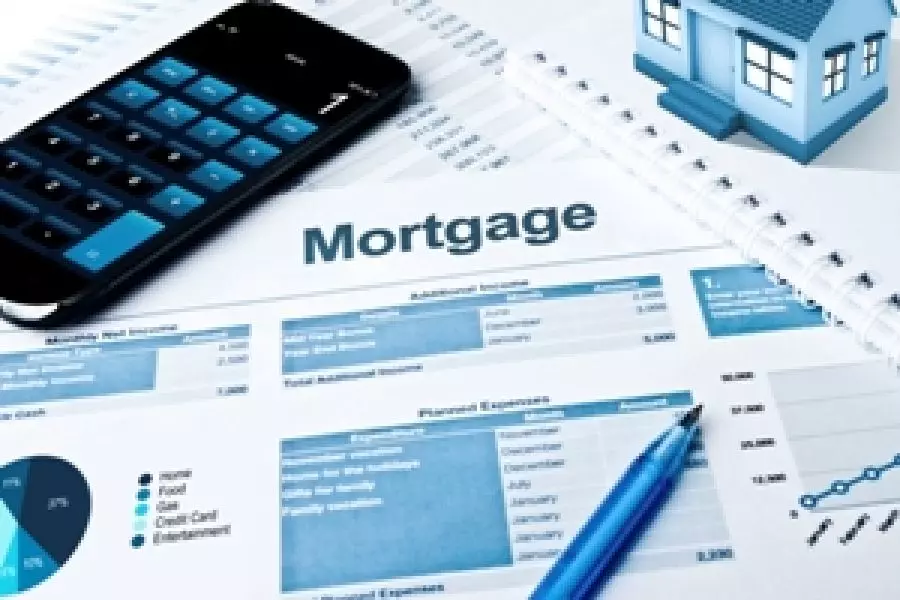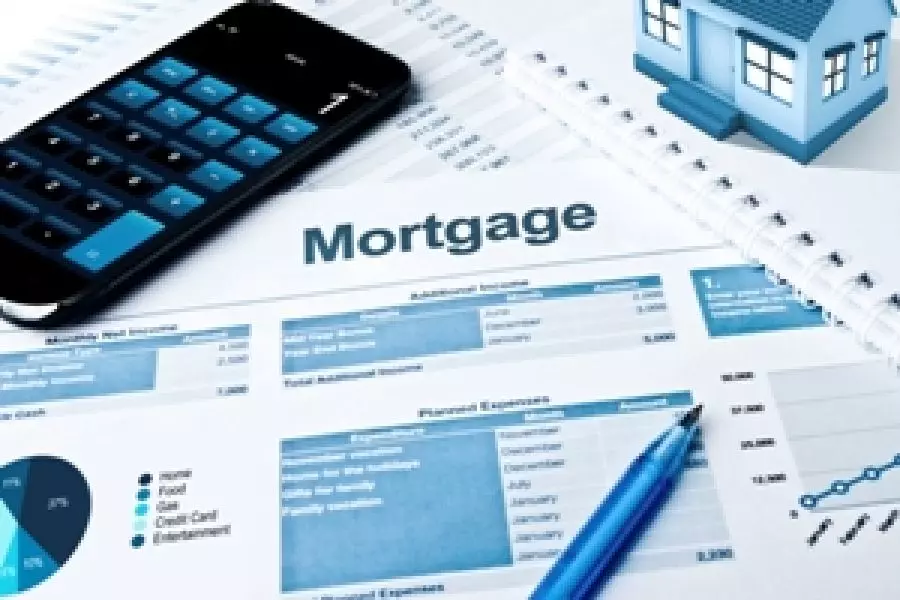News
Decline in new investor mortgages

Friday 22nd of March 2019
The report shows that the number of new mortgage registrations for investors was down by 2.5% annually. They now make up 16.9% of the market (as at December 2018).
That is as compared to 17.7% at the same time in December 2017 and 18.4% when the series first started in January 2017.
In contrast, first home buyers are the most active, with new mortgage registrations up 4.5% year...
Want to read the full article?
Click the button below to subscribe and will have unlimited access to full article and all other articles on the site.






![[The Wrap] Bye Bye Bayly](https://goodreturns.publit.io/file/c_fill,w_900,h_600/39f23ac1-f7c7-4854-b700-a150004ebbac.webp)


